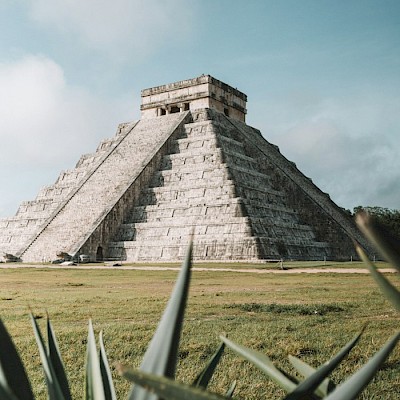Historical memory and heritage are two closely related concepts that shape the identity of a community.
Historical memory refers to the remembrance and interpretation of the past.
Heritage consists of material and immaterial assets inherited from previous generations.
Importance of Historical Memory and Heritage
Historical memory and heritage are important for several reasons:
- They help us understand our past: By remembering and understanding our past, we can learn from the mistakes and successes of our ancestors.
- They help us build our identity: Historical memory and heritage give us a sense of belonging to a community and help us understand our roots.
- They help us protect our rights: Historical memory and heritage can be used to defend human rights and social justice.
- They help us create a better future: By learning from the past, we can build a more just and equitable future.
Relationship between Historical Memory and Heritage
Historical memory and heritage are closely related. Heritage is a source of information about the past, and historical memory is the way we interpret that information. Heritage can be used to keep historical memory alive, and historical memory can help protect heritage.
Examples of Historical Memory and Heritage
- Historical memory: The Holocaust, the Spanish Civil War, the Francoist dictatorship.
- Heritage: Historical monuments, archaeological sites, archives, museums, cultural traditions.
Threats to Historical Memory and Heritage
Historical memory and heritage are threatened by various factors:
- Forgetfulness: The passage of time can cause people to forget past events.
- Destruction: Historical monuments and sites can be destroyed by wars, natural disasters, or vandalism.
- Manipulation: Historical memory can be manipulated by governments or political groups to promote their own interests.
How to Protect Historical Memory and Heritage
It is important to protect historical memory and heritage for future generations. Some measures that can be taken to protect them include:
- Educating new generations: It is important to teach new generations about the importance of historical memory and heritage.
- Preserving heritage: It is important to protect historical monuments and sites, as well as archives and museums.
- Promoting dialogue: It is important to promote dialogue about the past to prevent the repetition of past mistakes.
Historical memory and heritage are a legacy that we must protect for future generations. By remembering and understanding our past, we can build a better future.
Frequently Asked Questions
What is historical memory?
Historical memory refers to the remembrance and preservation of events, experiences, and traditions from the past, both individual and collective, that have cultural, social, or political significance.
What is heritage?
Heritage refers to the set of cultural, natural, and material assets that have significant value for a community, society, or humanity as a whole. This can include monuments, archaeological sites, works of art, historical documents, traditions, customs, and other elements that represent the identity and history of a place or community.
What is the relationship between historical memory and heritage?
Historical memory and heritage are closely related, as both refer to the preservation and transmission of the past for present and future generations. Material and immaterial heritage is a tangible manifestation of the historical memory of a society, reflecting its achievements, values, beliefs, and experiences over time.
Why are historical memory and heritage important?
Historical memory and heritage are important because they help keep alive the cultural identity and historical continuity of a society. They allow people to connect with their past, understand their present, and build their future. Additionally, they promote respect for cultural diversity and contribute to the cultural and educational enrichment of communities.
What are the threats to historical memory and heritage?
Threats to historical memory and heritage may include the physical destruction or deterioration of monuments and historical sites, the loss of traditions and ancestral knowledge, uncontrolled urbanization, climate change, looting and illicit trafficking of cultural property, as well as armed conflicts and natural disasters.
How can we protect historical memory and heritage?
To protect historical memory and heritage, it is essential to promote conservation, research, education, and awareness of the importance of these cultural resources. This may involve implementing preservation policies, creating laws and regulations for heritage protection, promoting sustainable cultural tourism, community participation in the management of historical sites, and international cooperation to combat illicit trafficking of cultural property.
